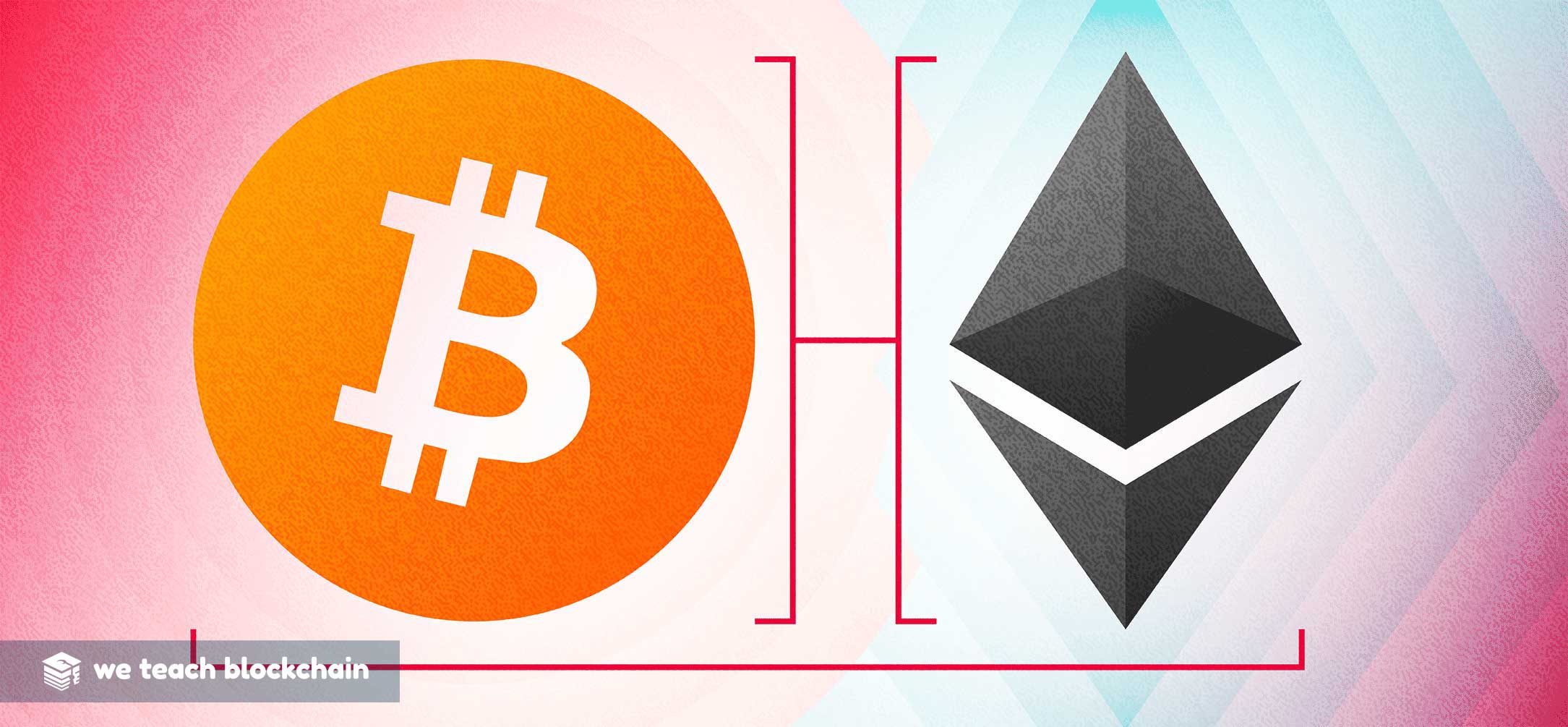What are Cryptocurrency Exchanges?
When it comes to buying and trading cryptocurrency, there are two main types of exchanges you can use.
Exchanging Through a Third Party

Centralized exchanges have a third party database acting as a middleman to help facilitate transactions. Because of their popularity and ease of use, centralized exchanges have helped add much-needed liquidity to the cryptocurrency markets.
Take Coinbase, for example. Most people in the crypto space have interacted with Coinbase for their first crypto transaction because of its easy to use interface and popularity. Despite this popularity, centralized exchanges are just one tool in your crypto toolbox, and they should not be used to store cryptocurrency as you would with a permanent wallet.
Decentralized Exchanges: Cut out the Middlemen

As the cryptocurrency and decentralized finance ecosystems have grown, another option has gained traction. A decentralized cryptocurrency exchange (DEX) cuts out the centralized middleman by facilitating deals via smart contracts and chain to chain swaps. The cryptocurrency is never in the possession of a centralized escrow service; the only individuals that will have access to the cryptocurrency are the buyer and seller.
Since there is no middleman, fees are lower compared to the ones incurred on centralized exchanges. The platform instead uses liquidity pools where others can lock up their cryptocurrency, making it available to others for swap while collecting a small liquidity pool fee. It really isn’t feasible to find someone who wants to make the exact trade you are looking for. Instead, users interact with a liquidity pool, making swapping quicker and more efficient.
Decentralized exchanges are not controlled by any person or group. Because there is no central authority to hack or shut down, DEX development will likely be the focus as crypto continues to gain popularity. Decentralized exchanges also largely do not have any identity verification, as there is no central entity to maintain such a process.
Because decentralized exchanges are harder to use, they do not have the same liquidity that you find in centralized platforms. Additionally, if you lose your private key, there is no central entity to help you recover it. With these exchanges, you have sole control over your cryptocurrency but have little chance of recovering your funds if your private key is lost.
Uniswap: a Liquidity Platform

There are several options when it comes to decentralized exchanges. Currently, the most popular decentralized exchange is Uniswap. Uniswap is a liquidity pool, but more specifically it is a liquidity platform, allowing users the ability to directly make trades. This happens without the use of a centralized order book used by other exchanges.
Uniswap, just like other DeFi dApps, is not governed by people or an organization, but rather by smart contracts.








